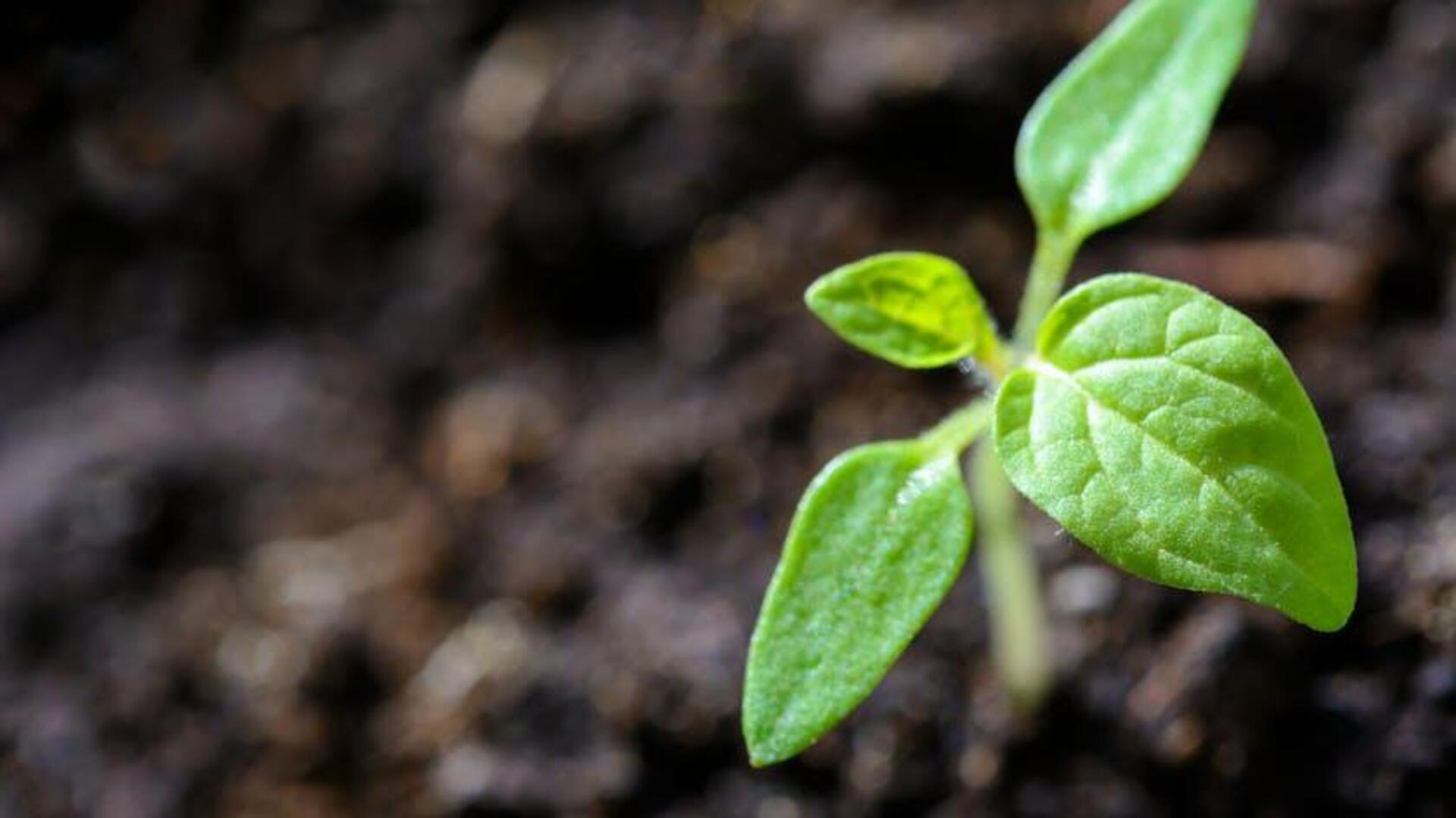
Eco-friendly ways to tackle weeds in African gardens
What's the story
Weeds pose a major threat to African gardens as they compete with crops for essential resources like nutrients, water, and sunlight. Commercial weed killers contain harmful chemicals that can damage the environment and pose health risks. This article presents cost-effective, non-toxic solutions for weed control using common household items or those easily available in local markets.
Vinegar solution
Vinegar: A natural herbicide
Vinegar's acetic acid makes it a potent natural herbicide. Combine one part water and one part vinegar to create a powerful weed killer. This mixture works best on young weeds under full sun. Be cautious during application to prevent damage to desirable plants. Due to its affordability and environmental friendliness, vinegar is a favorite among gardeners.
Salt mix
Salt: Dehydrating weeds naturally
Combine one cup of salt with two liters of water to create a non-toxic weed killer. This solution dehydrates weeds, leading to their demise. Exercise caution during application, steering clear of wanted plants and soil to avoid hindering their growth. Perfect for paths and driveways, this method shines when soil health isn't a priority.
Hot water treatment
Boiling water: The simplest solution
The easiest and cheapest way to kill weeds is by directly pouring boiling water onto them. The intense heat ruptures the plant's cells, leading to their death within days. Although highly effective for small areas or individual weeds, caution is advised to prevent burns and to ensure only the undesirable plants are affected.
Soap addition
Soap: Enhancing weed control methods
Adding a few drops of liquid dish soap to vinegar or salt solutions significantly enhances their weed-killing effectiveness. Soap acts as a surfactant, reducing the mixture's surface tension and enabling it to stick to weed leaves more efficiently. This technique facilitates the absorption of active ingredients into weeds without substantially increasing costs, making it a highly effective addition to homemade herbicides.
Gluten barrier
Corn gluten meal: Preventing weed growth
Corn gluten meal acts as a pre-emergent herbicide, halting root development in seedlings immediately following germination. It is ideal for weed prevention, not for eradicating established ones. Applying corn gluten meal around desirable plants at a rate of approximately 20 pounds per 1,000 square feet in early spring can drastically reduce weed emergence throughout the season, protecting both plants and soil health.